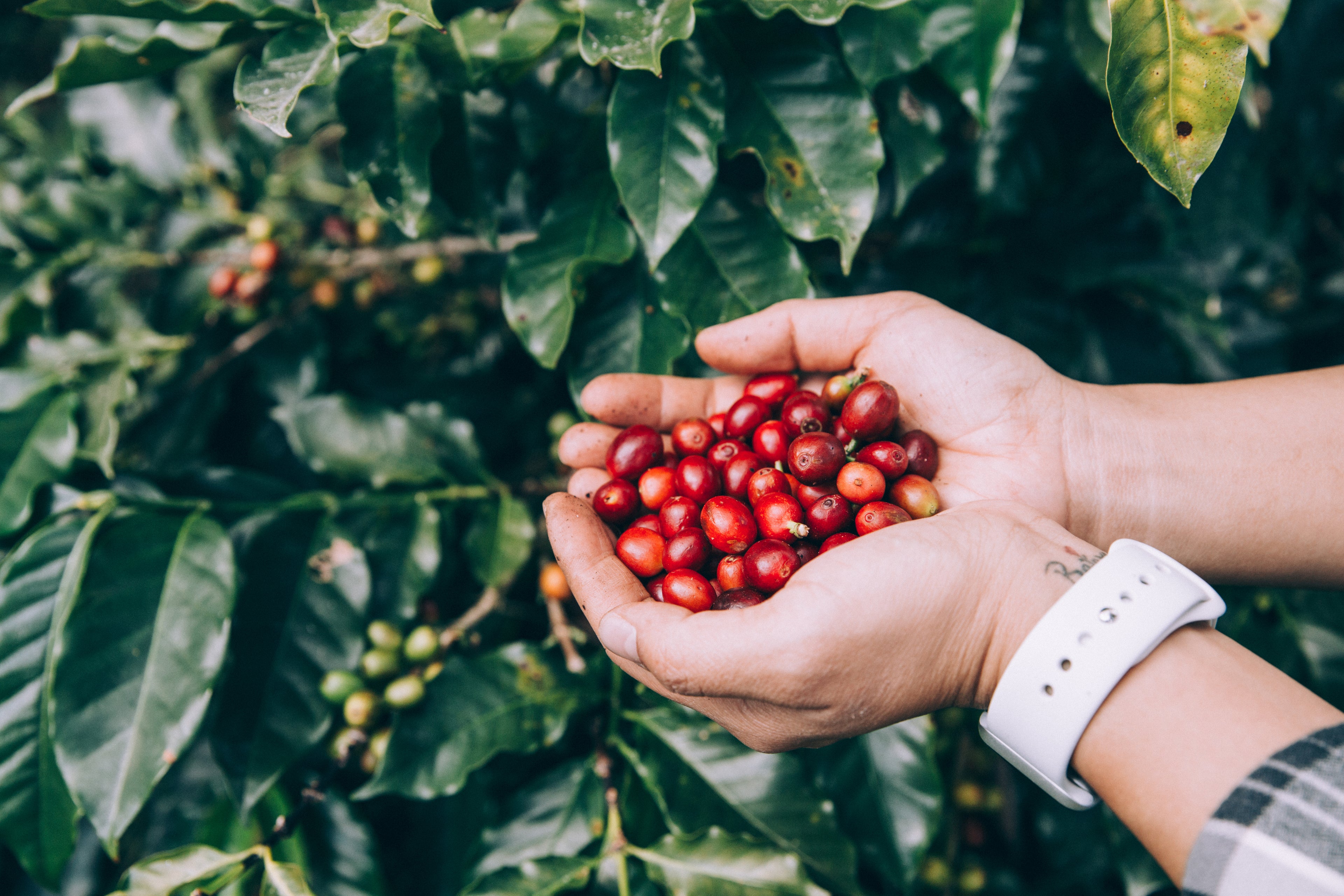
The Science of Flavor: Factors Influencing the Profile of Specialty Coffee
The Science of Flavor: Factors Influencing the Profile of Specialty Coffee
Specialty coffee is a masterpiece of nature and the art of roasting, offering a unique sensory experience in every sip. Let's delve into the science behind the flavor of specialty coffee and explore the various elements that contribute to its distinctive flavor profile.
Factors Affecting Coffee Flavor
The flavor of coffee is the result of a complex combination of factors that span from cultivation to cup. Terroir, encompassing the soil, altitude, and climate of the region where coffee is grown, is crucial. For example, coffees grown at higher altitudes tend to have more complex flavors and livelier acidity due to the more challenging growing conditions. The coffee variety also plays a crucial role in flavor. While Arabica beans tend to have milder and more complex flavors, Robusta beans bring bolder and more bitter notes. Additionally, the processing method of coffee, whether washed, natural, or semi-washed, influences the final flavor profile. Washed coffees tend to have a brighter acidity and cleaner flavors, while natural coffees can exhibit fruitier and fuller-bodied flavors due to the natural fermentation of the beans.
How to Identify and Appreciate Different Flavor Profiles
When tasting coffee, it's important to pay attention to a range of characteristics that contribute to its flavor profile. The aroma gives clues about the flavors we can expect to find in the cup, while the body describes the mouthfeel of the coffee, ranging from light and silky to rich and creamy. Acidity adds vibrancy and brightness to the coffee, while sweetness balances out bitter and sour flavors. Additionally, each coffee can have a wide range of flavor notes, from fruity and floral to chocolatey and spicy. By paying attention to these elements, we can develop our ability to identify and appreciate the different flavor profiles of coffee.
Examples of Coffees with Unique Flavor Profiles
To illustrate the diversity of flavor profiles of specialty coffee, let's consider some notable examples. An Ethiopian single-origin coffee may offer notes of blueberries and jasmine, with a citrusy acidity and a light body. On the other hand, a Brazilian coffee may surprise with flavors of cocoa and hazelnut, with a gentle acidity and a creamy body. Each coffee tells a unique story, reflecting the unique growing conditions and skilled hands of the farmers who grew and prepared it.
Impact of Roasting on Coffee Flavor
Roasting also plays a crucial role in shaping the flavor of coffee. During the roasting process, coffee beans undergo a series of physical and chemical changes that transform their flavors and aromas. A lighter roast tends to preserve the coffee's original flavors, while a darker roast develops roasted and caramelized notes. The duration and temperature of roasting are key factors that determine the final flavor profile of the coffee.
The Importance of Water in Coffee Preparation
In addition to coffee-related factors, the water used for preparation can also significantly influence its flavor. Water with high mineral content can affect coffee extraction and alter its taste. Therefore, it's important to use high-quality water and adjust mineralization according to the brewing method and the specific characteristics of the coffee.
Conclusion
Specialty coffee is much more than just a cup of coffee; it's a sensory journey that connects us with the earth and the people who produce it. By understanding the various factors that influence its flavor and by developing our ability to identify and appreciate the different flavor profiles, we can deepen our relationship with this extraordinary beverage. Each cup of specialty coffee tells a unique story and invites us to explore a world of flavors and aromas that never ceases to surprise us.


